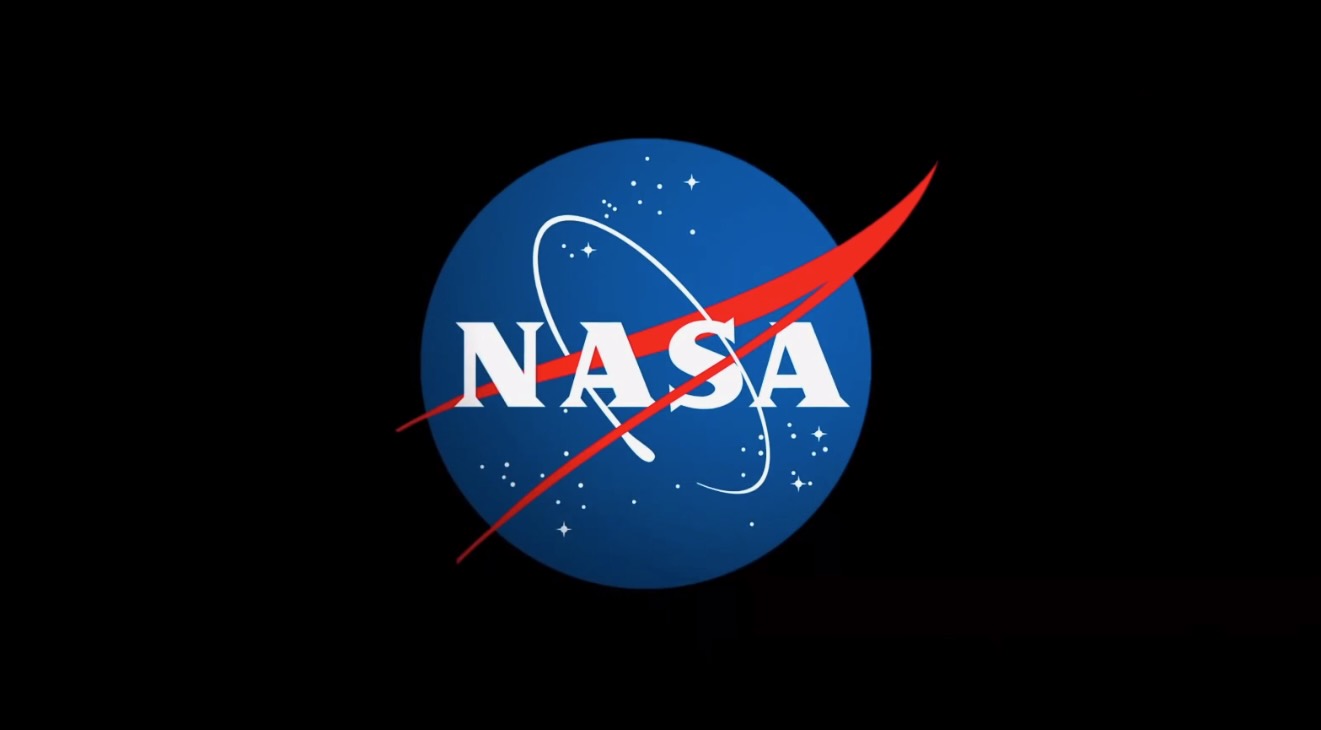NASA Cuts Down on Space Shuttle Safety Waivers

CAPE CANAVERAL - NASA'sshuttles are set to return to flight with 90 percent fewer known problems --many of which could prompt disaster -- than were on the books when Columbiablasted off on its doomed flight in 2003.
An exhaustive two-yearreview of every known violation of shuttle engineering and safety requirementshas slashed the number of "waivers" of those requirements from nearly6,000 to about 500, shuttle program officials said.
The review, in response tocriticism from outside reviewers and a recommendation by the Columbia AccidentInvestigation Board, has left decision-makers with a far more manageable numberof potential dangers to track.
Reviewers identifiedthousands of waivers for parts that no longer fly, systems that have since beenredesigned or procedures no longer relevant to the kinds of missions theorbiter flies. Eliminating unnecessary and obsolete waivers gives managers aclearer view of the ones that do pose risk to the remaining shuttles and theastronauts aboard, the agency says.
"Bottom line,"said Wayne Hale, deputy manager of the Space Shuttle Program at Johnson SpaceCenter, "we have a much more useful system since we have eliminated theclutter and out-of-date paperwork. Now, the remaining waivers will be somethingthat keeps management attention focused on
our real problems and the open work ahead of us."
In the summer following theColumbia accident, FLORIDA TODAY reported the shuttle launched with twice asmany waivers of accepted flaws in critical systems -- those which could lead tothe destruction of an orbiter and loss of astronauts on board -- as were inplace when the Challenger exploded during launch in 1986. The number was 1,672.
The newspaper identifiedexcessive waivers as one of seven problems NASA needed to fix before it couldreturn its orbiter fleet to space. The Columbia Accident Investigation Boardexpressed concern about the number of waivers, and they recommended anindependent group rather than shuttle program managers be given sole authorityto grant waivers.
Breaking space news, the latest updates on rocket launches, skywatching events and more!
No fewer than fiveindependent oversight groups, including the Challenger investigators,previously criticized NASA for failing to reform its system for grantingwaivers to original requirements set by the engineers who designed the shuttle.
The waivers amount todecisions by managers to accept the risk posed by defects in the orbiters,solid rocket boosters, fuel tanks and other equipment.
The shuttle is the mostcomplex aircraft ever flown. It's a conglomeration of systems that must work inconcert to ensure safety and success. Every part has detailed requirements, asdoes the system as a whole. In 22 years of shuttle flights leading up toColumbia's fateful launch, however, NASA often had discovered components not workingquite right.
That is a quandary forengineers and managers. They can redesign the system to meet requirements ordisregard the standard. If they disregard it, engineers must analyze the dangerand make sure the chance of failure is so remote that the risk is acceptable.The process ends with written documents prepared to convince managers theshuttle is safe to fly as-is.
Several safety groups,however, said NASA's practice over the years showed the agency was more likelyto waive requirements than fix the problem. Often, they found, the space agencywould grant a waiver that would never go away. In 2003, most of the waivers onthe books had been in place since a purge prompted by the Challenger accident.
Whether each individualdefect represented a credible threat to the ship, many safety advocates --including Columbia investigators -- said the sheer number and age of thewaivers made it impossible for managers to have a complete understanding of allof the risks they were accepting with each launch.
The number of waivers andthe way NASA approves them "makes the risks accepted for launch invisibleto space shuttle program managers in their decision-making," said theShuttle Independent Assessment Team during a wide-ranging investigation thatfollowed a near-disastrous engine malfunction during a 1999 Columbia launch.
The post-Columbia reviewhas identified hundreds of waivers for parts that were deficient but aren'tflying any more, according to Hale and NASA's internal records. Other purgedwaivers were for gear that has been redesigned or eliminated. Some were justduplicates. A single type of problem could result in hundreds of separate"waivers."
The shuttle program ispreparing the specific numbers for its Flight Readiness Review the last week ofJune at the Kennedy Space Center. Not all of the remaining 500 or so waiversare for problems with the most critical systems -- flaws that could lead toanother disaster. That number was not immediately available.
However, the lower numberis a positive step that "allows the SSP management to understand whichwaivers represent real safety issues and which were merely administrative. Thisin turn clarifies the level of risk associated with each waiver," thespace agency reported in the latest version of its return to flight plan.
Publishedunder license from FLORIDATODAY. Copyright ? 2005 FLORIDA TODAY. No portion of this materialmay be reproduced in any way without the written consent of FLORIDA TODAY.
Fixing NASA: Complete Coverage ofSpace Shuttle Return to Flight
John Kelly is the director of data journalism for ABC-owned TV stations at Walt Disney Television. An investigative reporter and data journalist, John covered space exploration, NASA and aerospace as a reporter for Florida Today for 11 years, four of those on the Space Reporter beat. John earned a journalism degree from the University of Kentucky and wrote for the Shelbyville News and Associated Press before joining Florida Today's space team. In 2013, John joined the data investigation team at USA Today and became director of data journalism there in 2018 before joining Disney in 2019. John is a two-time winner of the Edward R. Murrow award in 2020 and 2021, won a Goldsmith Prize for Investigative Reporting in 2020 and was a finalist for the Pulitzer Prize in Investigative Reporting in 2017. You can follow John on Twitter.
